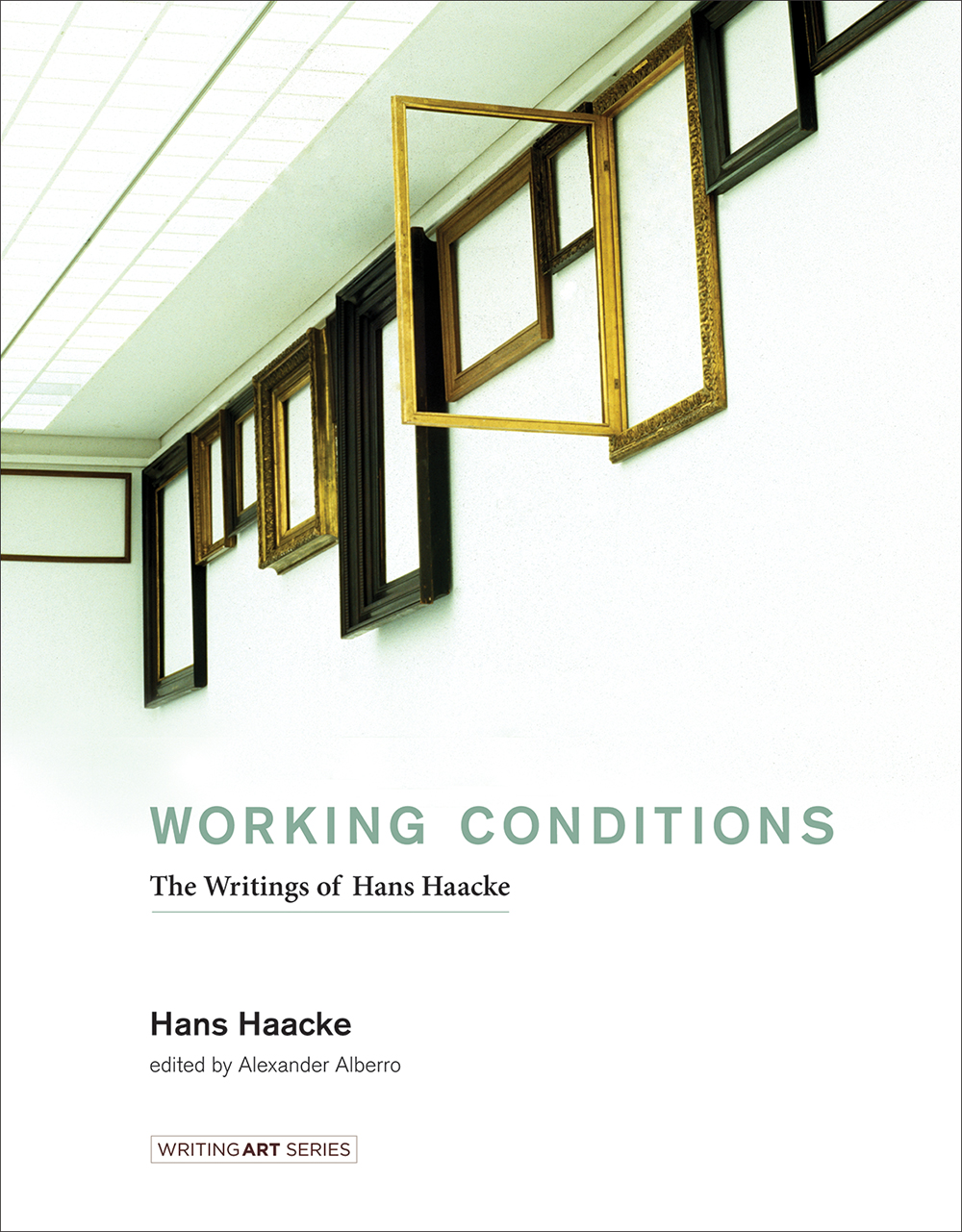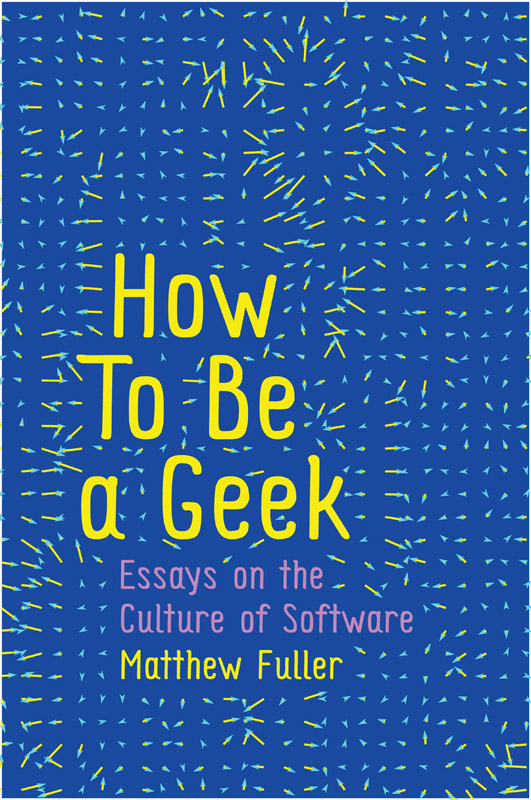Armand Mattelart, Seth Siegelaub (eds.): Communication and Class Struggle, 1: Capitalism, Imperialism (1979)
Filed under book | Tags: · aesthetics, capitalism, communication, communism, information, marxism, media, politics, socialism, theory

“Communication and Class Struggle, a two-volume work, is the first general marxist anthology of writings on communication, information and culture. Its purpose is to analyse the relationship between the practice and theory of communication and their development with the context of class struggle. Armand Mattelart and Seth Siegelaub, the editors, have selected more 128 essential marxist and progressive texts originating in over 50 countries and written since the mid-nineteenth century to explain three interrelated phenomena: (1) how basic social, economic and cultural processes condition communication; (2) how bourgeois communication practice and theory have developed as part of the capitalistic mode of production; and (3) how in the struggle against exploitation and oppression, the popular and working classes have developed their own communication practice and theory, liberated mode of communication, culture and daily life.
This first volume deals with the basic Marxist theory underlying the analysis of the communication process, as well as studies centered on the formation of the capitalist communication apparatus, ideology and ‘mass’ culture. It contains 64 texts. More than one-third are published for the first time in English, and some texts appear for the first time in any language. In addition, it includes an extensive bibliography with over 500 books on the subject.”
Publisher International General, New York, and International Mass Media Research Center (IMMRC), Bagnolet, 1979
ISBN 0884770117, 9780884770114
445 pages
PDF (37 MB, updated to OCR’d version on 2017-10-30 via Memory of the World)
See also Volume 2.
Hans Haacke: Working Conditions: The Writings of Hans Haacke (2016)
Filed under book | Tags: · art, censorship, environment, information, institutional critique, systems art, systems theory, time

“Hans Haacke’s art articulates the interdependence of multiple elements. An artwork is not merely an object but is also its context—the economic, social, and political conditions of the art world and the world at large. Among his best-known works are MoMA-Poll (1970), which polled museumgoers on their opinions about Nelson Rockefeller and the Nixon administration’s Indochina policy; Gallery-Goers’ Birthplace and Residence Profile (1969), which canvassed visitors to the Howard Wise Gallery in Manhattan; and the famously canceled 1971 solo exhibition at the Guggenheim Museum, which was meant to display, among other things, works on two New York real estate empires.
This volume collects writings by Haacke that explain and document his practice. The texts, some of which have never before been published, run from straightforward descriptions to wide-ranging reflections and full-throated polemics. They include correspondence with MoMA and the Guggenheim and a letter refusing to represent the United States at the 1969 São Paulo Biennial; the title piece, “Working Conditions,” which discusses corporate influence on the art world; Haacke’s thinking about “real-time social systems”; and texts written for museum catalogs on various artworks, including GERMANIA, in the German Pavilion of the 1993 Venice Biennial; DER BEVÖLKERUNG (To the Population) of 2000 at the Berlin Reichstag; Mixed Messages, an exhibition of objects from the Victoria and Albert Museum (2001); and Gift Horse, unveiled on the fourth plinth in Trafalgar Square in 2015.”
Edited and with an Introduction by Alexander Alberro
Publisher MIT Press, 2016
Writing Art series
ISBN 9780262034838, 0262034832
lii+290 pages
Review: Greg Lindquist (Brooklyn Rail, 2016), Sophie Cras (Critique d’art, 2016, FR), Chelsea Weathers (CAA Reviews, 2018).
PDF (7 MB, updated on 2023-2-14)
Comment (1)Matthew Fuller: How To Be a Geek: Essays on the Culture of Software (2017)
Filed under book | Tags: · aesthetics, algorithm, computation, computing, database, information, language, media, media theory, networks, programming, software, software studies, theory

“Computer software and its structures, devices and processes are woven into our everyday life. Their significance is not just technical: the algorithms, programming languages, abstractions and metadata that millions of people rely on every day have far-reaching implications for the way we understand the underlying dynamics of contemporary societies.
In this innovative new book, software studies theorist Matthew Fuller examines how the introduction and expansion of computational systems into areas ranging from urban planning and state surveillance to games and voting systems are transforming our understanding of politics, culture and aesthetics in the twenty-first century. Combining historical insight and a deep understanding of the technology powering modern software systems with a powerful critical perspective, this book opens up new ways of understanding the fundamental infrastructures of contemporary life, economies, entertainment and warfare.
In so doing Fuller shows that everyone must learn ‘how to be a geek’, as the seemingly opaque processes and structures of modern computer and software technology have a significance that no-one can afford to ignore. This powerful and engaging book will be of interest to everyone interested in a critical understanding of the political and cultural ramifications of digital media and computing in the modern world.”
Publisher Polity, 2017
ISBN 9781509517152, 1509517154
x+233 pages

